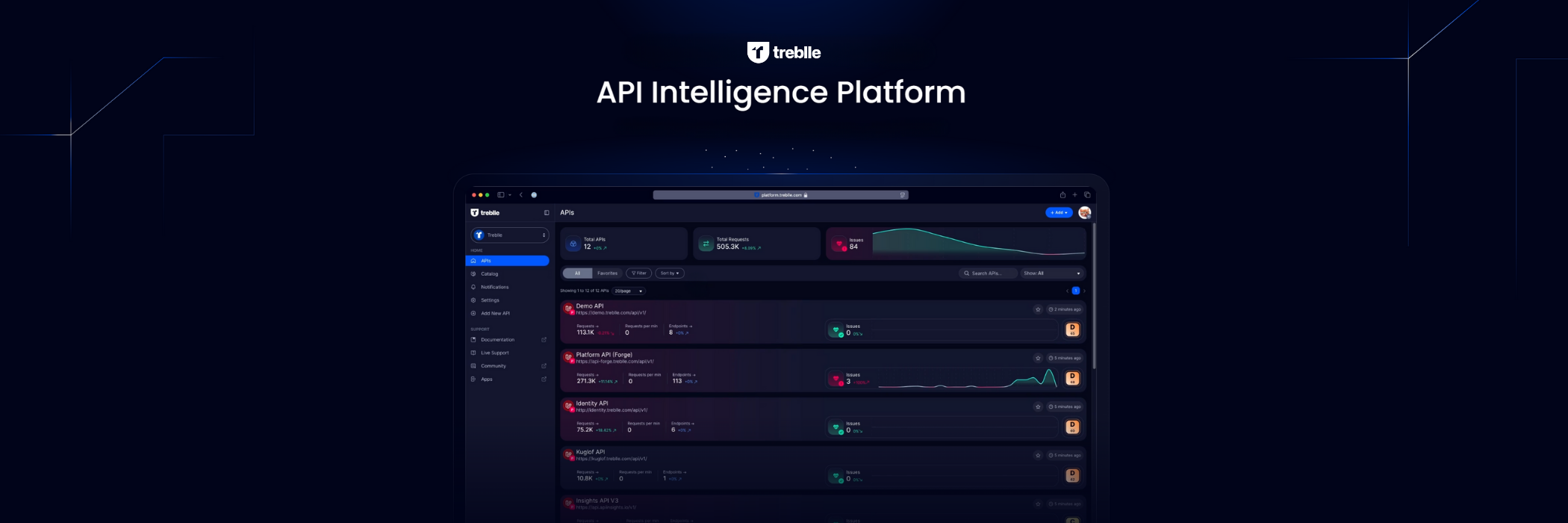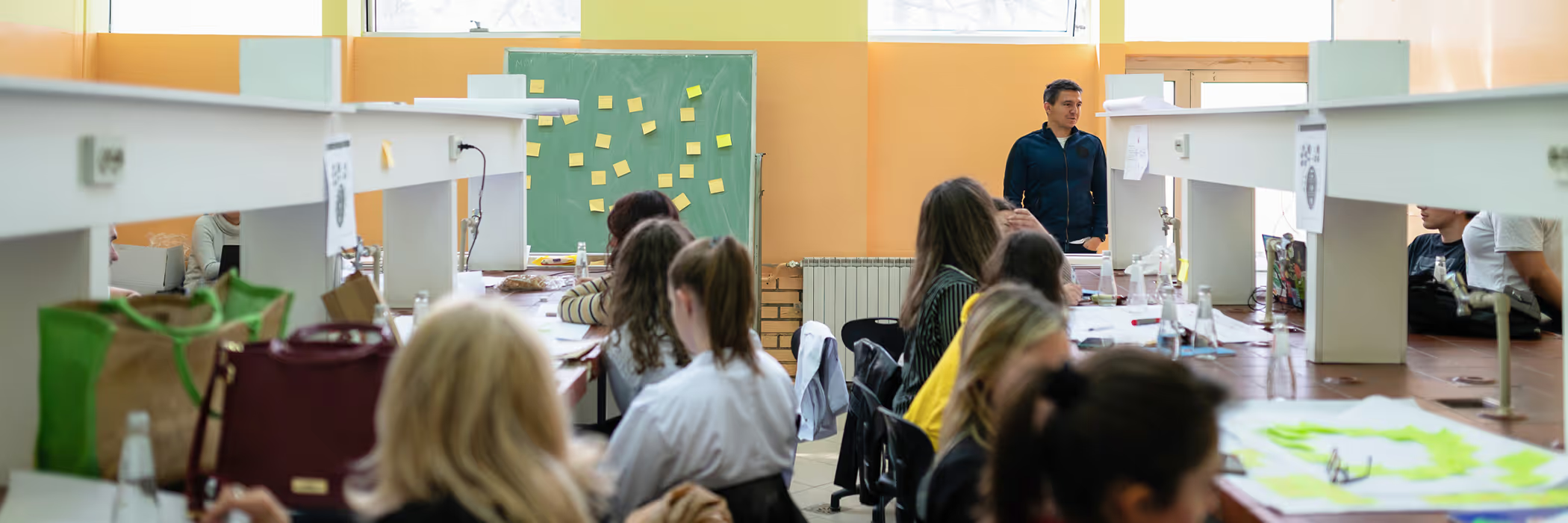Not another newsletter clogging up your inbox.
Only actionable insights that actually work.
Once a month, without any fluff.
Once a month, without any fluff.
Thank you! Your submission has been received!
Oops! Something went wrong while submitting the form.


.svg)
.svg)
.svg)
.svg)
.svg)



.png)
